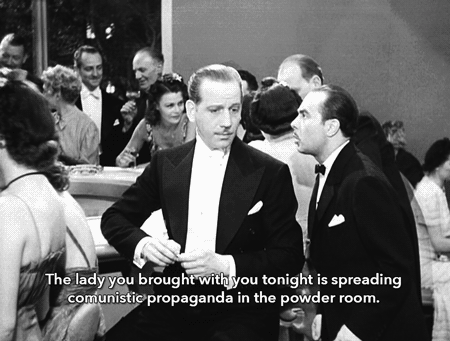I am often reluctant to give advice to members of Congress. But in this case, it was hard to resist. Here’s a posting initially put up elsewhere….
In reaction to the financial crisis, here’s what the Democrats who control Congress ought to do:
1. Work vigorously on the bailout proposal submitted by Treasury Secretary Hank Paulson but add the populist provisions that Robert Reich and others are suggesting.
2. Point fingers.
Assigning blame ought to be a key component of the Democratic response to the current meltdown. And that ought not be hard to do. House Speaker Nancy Pelosi and Senator Harry Reid could set up a joint select committee to investigate the causes of the financial crisis. This committee then could start holding hearings immediately and haul before it the heads of the companies that have screwed up and imperiled the economy. This will not be a short list. Call in top officials from Lehman Brothers, Merrill Lynch, AIG, Bear Stearns, Countrywide Financial, Fannie Mae, Freddie Mac. Demand explanations from them. Explore how much money they pocketed personally while overseeing their institutions.
That’s just a start. The committee should bring in experts who can explain (clearly!) how these players and others abused credit default swaps, subprime loans, mortgage-backed securities, and other hanky-panky financial products.
And there’s more: the political side. Invite (or subpoena) lobbyists to appear and reveal what they did to win favorable treatment (that is, less regulation) for their Big Finance clients. Phil Gramm, the former Senate banking committee chairman, should be asked to explain what he was thinking when he used a sly legislative maneuver in late 2000 to win approval of a bill that kept swaps from being regulated. And he ought to be asked what role financial industry lobbyists played in drafting that bill. Ditto for the 1999 legislation that tore down the firewall between commercial and investment banks.
Sure, this won’t be easy. Members of Congress–Democratic and Republican–are complicit; many of them went along with the rush to deregulate. They will be reluctant to scrutinize their own actions and those of lobbyists who have donates to their campaigns. But self-examination is not too large a price to pay for putting $700 billion of taxpayer money on the line. Actually, anything less would be rather irresponsible.
From a market perspective, it would be quite useful to (a) learn who messed up and how they did so (so others can avoid similar mistakes) and (b) shame those who did (so they are driven out of the market and others fear similar sanction). If markets work, they should operate better with more accountability and transparency. The bottom line: blame is good.




